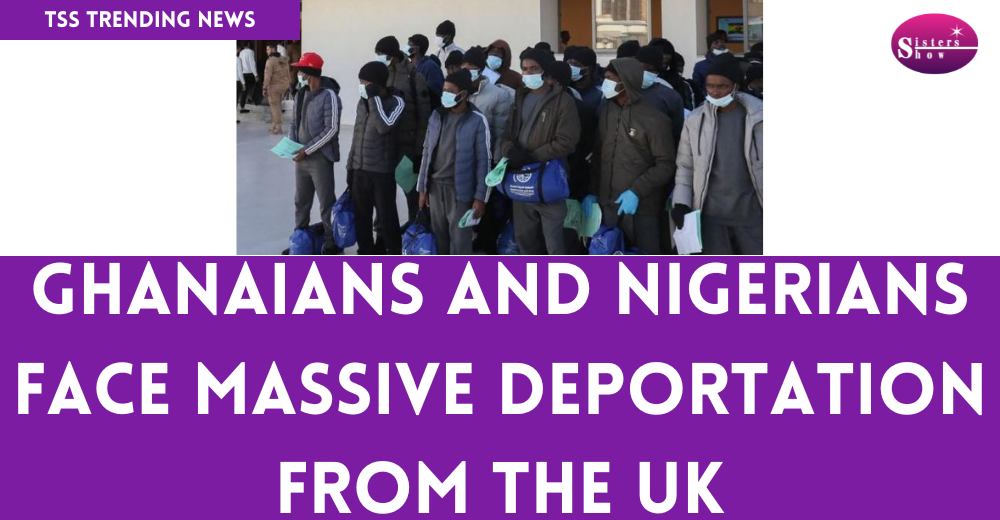
UK Executes Largest-Ever Deportation of Nigerians and Ghanaians
In an unprecedented move, the British government deported 44 Nigerian and Ghanaian nationals on a single flight, according to The Guardian.
These individuals were flown back to their home countries on Friday, October 18th, marking a significant escalation in the UK’s immigration enforcement.
Deportation flights to Nigeria and Ghana are rare, with only four such flights occurring since 2020. Each previous flight carried between 6 and 21 deportees, but Friday’s deportation more than doubled the highest number seen on a single flight, as revealed through freedom of information data.
The Home Office has confirmed that this large-scale operation is part of a broader effort to tighten immigration controls and increase removals of those with no legal right to stay in the UK.
“We’ve launched an aggressive new campaign to enforce immigration rules, and in the first two months of this government, over 3,600 individuals have already been returned,” a Home Office spokesperson told The Guardian.
The Guardian spoke to four Nigerian deportees who were held at Brook House Immigration Removal Centre near Gatwick Airport before their departure. Their stories paint a grim picture of despair and frustration.
One deportee recalled the trauma of witnessing a fellow detainee attempt suicide. Another man, who had lived in the UK for 15 years without a criminal record, expressed his heartbreak at having his asylum claim rejected. A third deportee, a victim of human trafficking, said his plea for protection was denied even after he showed officials the scars from his childhood torture. Another man described his desperate but unsuccessful efforts to find a solicitor who could fight his removal.
Fizza Qureshi, CEO of the Migrants’ Rights Network, condemned the deportations, arguing that many of the individuals had committed no crime to warrant such harsh treatment.
“We are horrified by the cruelty and speed of these deportations, as well as the secrecy surrounding them and the lack of legal support provided,” said Mr. Qureshi




